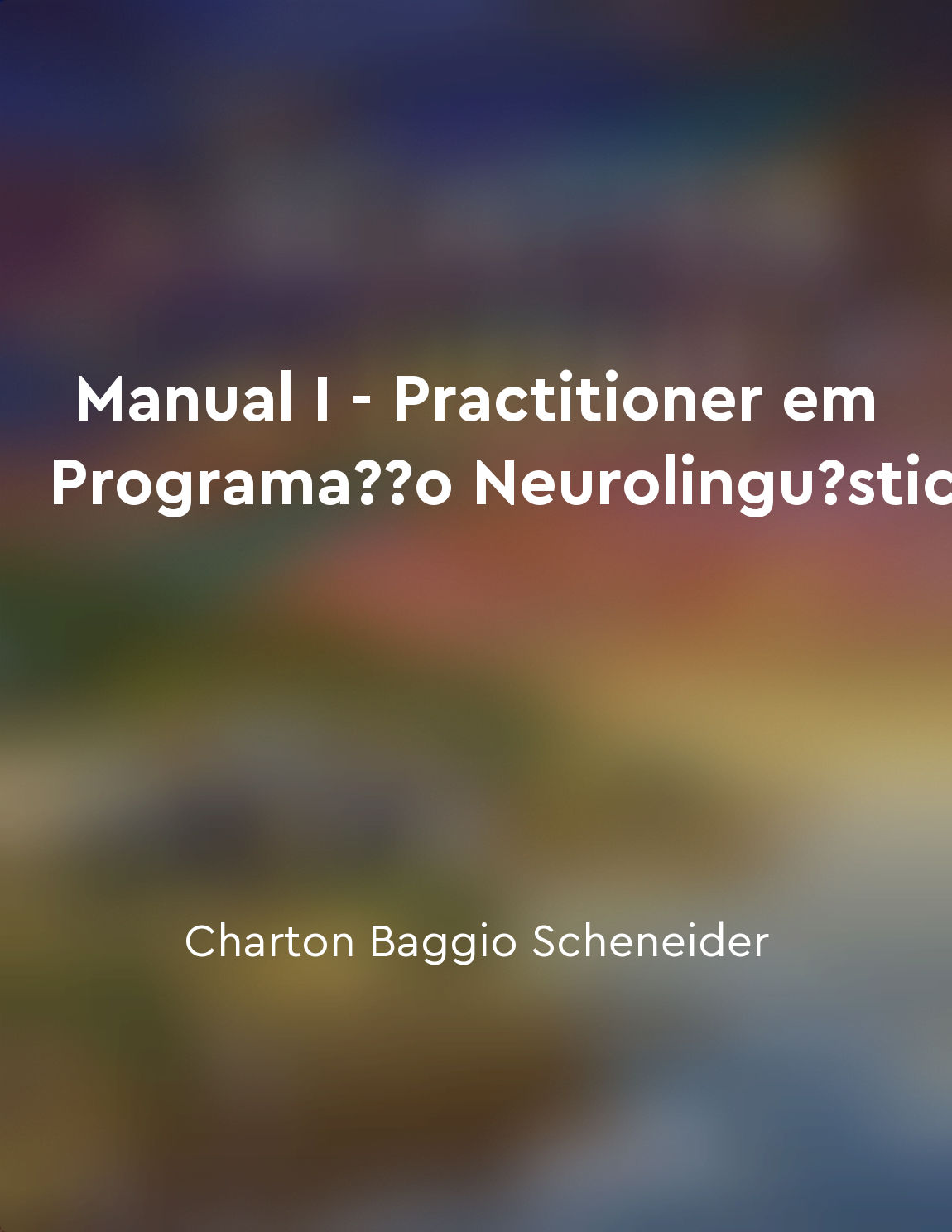Language acquisition begins at a young age and continues throughout a person's life from "summary" of The Cambridge Encyclopedia of Language by David Crystal
Language acquisition is a process that starts early in life and evolves over time. Children are immersed in language from birth, absorbing the sounds, words, and structures of their native tongue through constant exposure. This early exposure lays the foundation for their linguistic development, shaping their ability to communicate and understand the world around them. As children grow and mature, they continue to refine their language skills through interactions with family, peers, and educators. These interactions provide opportunities for practice, feedback, and reinforcement, strengthening their grasp of grammar, vocabulary, and pronunciation. Language acquisition is a dynamic process that is shaped by a variety of factors, including social, cultural, an...Similar Posts
Understanding evolution is essential for understanding life on Earth
To understand life on Earth, one must first come to terms with the central idea of evolution - the process by which all living ...
Integrating pronunciation practice into language activities
One effective way to enhance students' pronunciation skills is by embedding pronunciation practice into various language activi...
Seek feedback to improve communication skills
It is essential to seek feedback when looking to enhance your communication skills. Feedback provides valuable insights into ho...
Focus on curiosity and openness
When we talk about focusing on curiosity and openness, we're really talking about adopting a mindset that is open to exploring ...

Reviewing language lessons regularly is important for retention
When it comes to learning a new language, consistency is key. It is not enough to just go through a lesson once and expect to r...
Pronunciation teaching should be holistic and comprehensive
Pronunciation teaching should be holistic and comprehensive, encompassing all aspects of pronunciation including segmentals, su...

Using reframing to change perspectives
Reframing is a powerful tool in NLP that allows us to shift perspectives and see situations in a different light. By changing t...
The meaning of a word is the sum of its uses in various contexts
Consider the word "game." How do we define what a game is? It seems difficult to come up with a precise definition that covers ...

